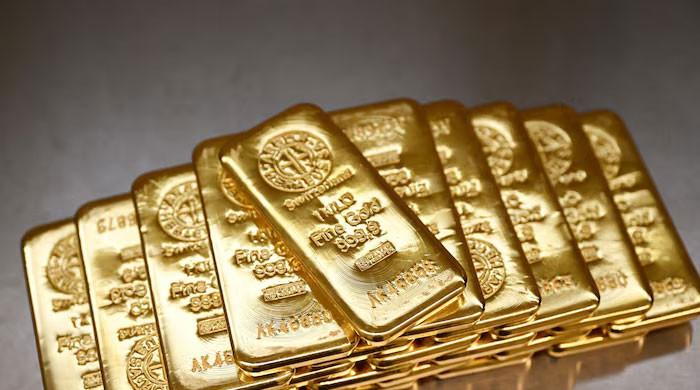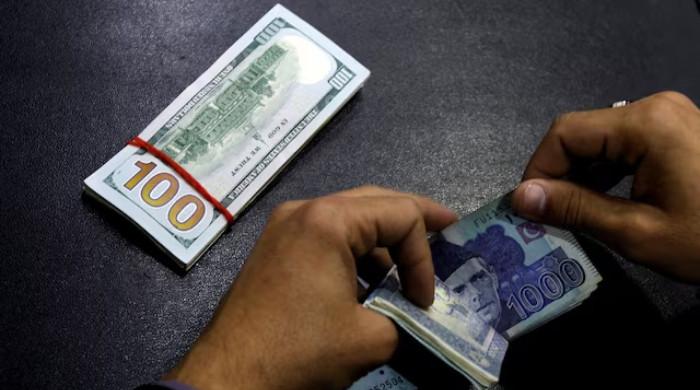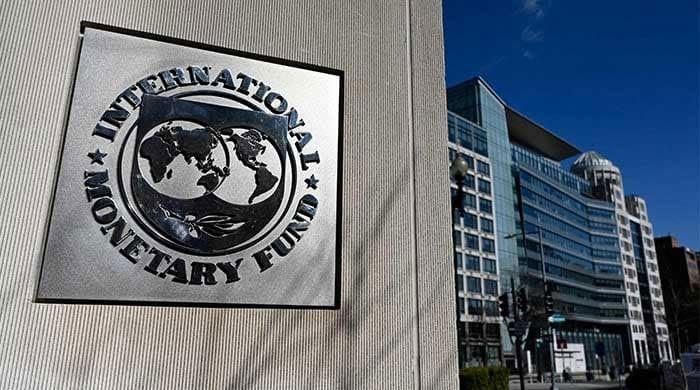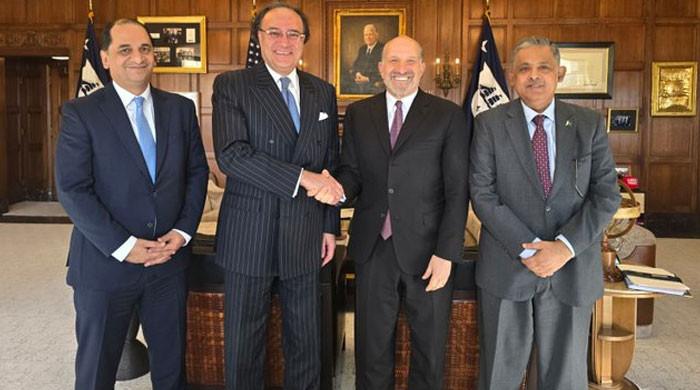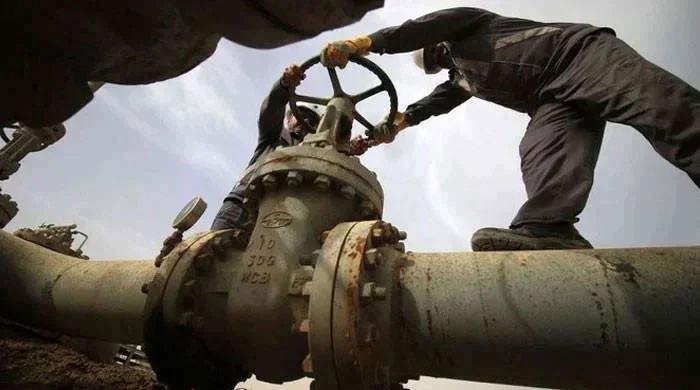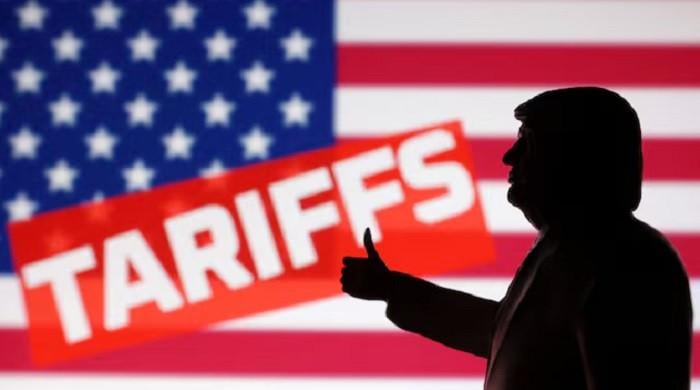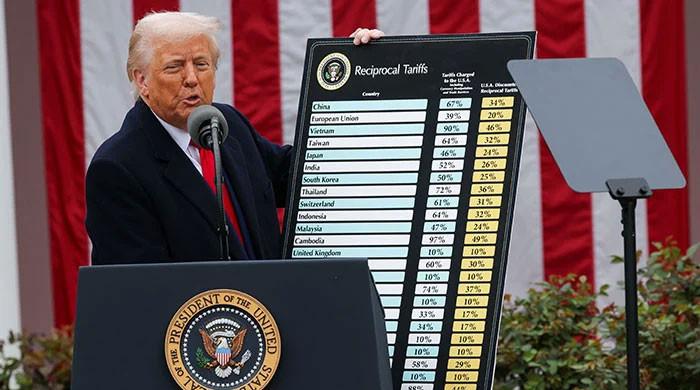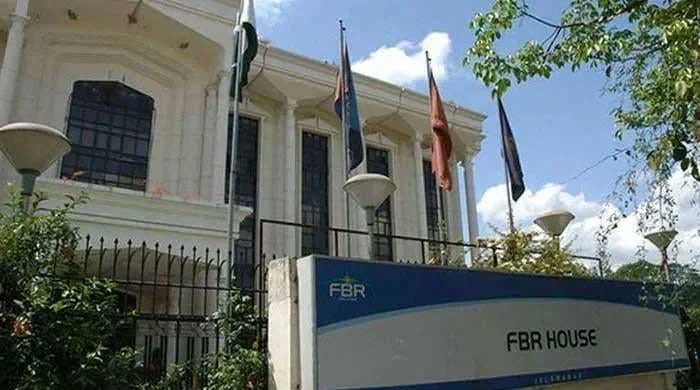SBP likely to jack up monetary policy rate by upto 200bps
SBP likely to raise interest rate to rein in inflation; it has raised rates by a total of 10.25% since January 2022
April 04, 2023
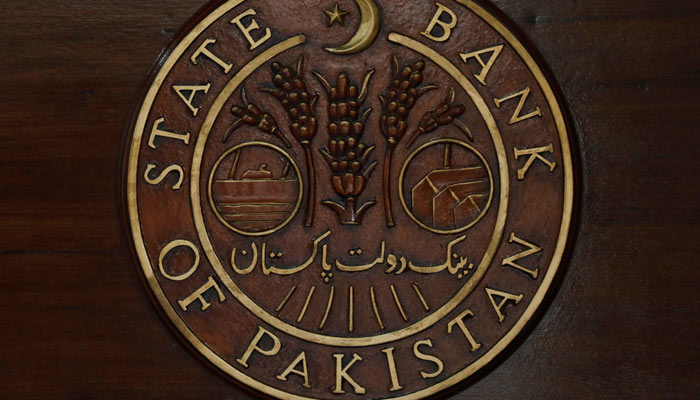
- SBP likely to raise interest rate to rein in inflation.
- Analysts foresee 100-200bps rate hike today.
- SBP raised rates by a total of 10.25% since January 2022.
The State Bank of Pakistan (SBP) is expected to raise the policy rate by a whopping 100-200 basis points (bps) for the next six weeks in view of the country’s economic situation, and historically high inflation reading.
Financial pundits expect the Monetary Policy Committee (MPC) — which is empowered to take a decision keeping in view the macroeconomic fundamentals — to jack up its key policy rate to 21-22% at the review today (April 4) to rein in historic high inflation.
On March 2, the central bank raised its key rate by a whopping 300 basis points to a record-high level of 20%, exceeding market expectations, likely to meet a key requirement of the International Monetary Fund (IMF) for the release of its pending bailout funds.
The market expects the MPC — established under the SBP's Amendment Act — to raise benchmark interest rates in today’s meeting as the country struggles to bring down stubborn inflation.
The country recorded historic high inflation at 35.4% in March on an annualised basis while core inflation, which was calculated after excluding the volatile energy and food prices, increased in March to 18.6% in urban areas and 23.1% in rural areas.
The market’s reaction to surging inflation is evident from the recent rise in bond market rates, which has been driven by investors’ bullish outlook.
The SBP has raised rates by a total of 10.25%, 1,050bps, since January 2022.
According to a survey conducted by Arif Habib Limited, 57.7% of the total respondents said that the SBP will increase the policy rate, of which:
- 30.8% are expecting a rate hike of 100bps.
- 26.9% are foreseeing a rate hike of 200 bps.
Meanwhile, 42.3% of the total respondents were of the view that the policy rate will remain unchanged at 20%.
The expected increase in the policy rate will make bank financing further expensive. It may reduce the demand for foreign financing for imports and help arrest the fast decline in foreign exchange reserves, which have depleted to critically low levels at $4.2 billion.
The primary objective of the increase in policy rate is to discourage private-sector borrowing because any increase in currency in circulation pushes inflation higher.
It should be noted that initially according to the six-month advance calendar issued by the central bank in December 2022, the MPC meeting was originally scheduled for April 27, but the SBP decided to call an off-cycle review last month and also brought forward the April meeting.
The cash-strapped country is undertaking key measures to secure IMF funding, including raising taxes, removing blanket subsidies, and artificial curbs on the exchange rate. While the government expects a deal with IMF soon, media reports say that the agency expects the policy rate to be increased.
The revival of the IMF loan programme will help attract $3-4 billion from the multilateral and bilateral creditors including the IMF and stabilise the foreign exchange reserves over the short term.




